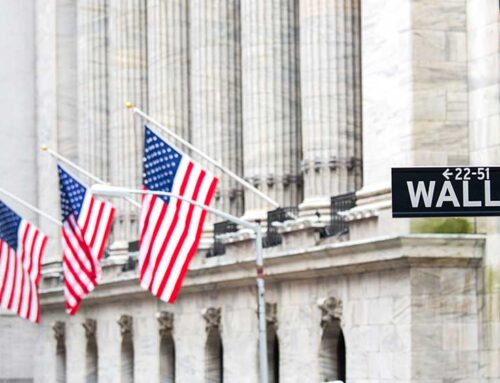Warning after huge increase in Brits caught smuggling cannabis out of Thailand
May 23, 2025
Officials in Thailand are cracking down on cannabis sales after cases of tourists attempting to smuggle the drug out of the country soared in recent months.
Airport officials said they have tightened inspections to detect smuggling attempts, adding that most people found with cannabis in their luggage are foreigners, especially Indian and British nationals.
Last week two young British women were arrested in Georgia and Sri Lanka for alleged attempts to smuggle cannabis after they flew there from Thailand.
The UK government said a joint operation with Thailand in February resulted in over two tons of cannabis seized from air passengers. It said that since July last year, over 50 British nationals had been arrested in Thailand for attempting to smuggle cannabis.
It also said there was a dramatic increase in the amount of cannabis sent to the UK from Thailand by post since the decriminalization in 2022.
Thailand’s experiment with cannabis decriminalization is now facing a critical juncture as authorities grapple with the challenge of regulating the industry while addressing growing public concerns.
In 2022, Thailand made history as the first Asian nation to decriminalize cannabis, a move initially lauded for its potential to boost tourism and agriculture.

The policy shift led to a rapid proliferation of cannabis shops across the country, injecting new life into the farming sector. However, this rapid growth has been met with increasing unease, with critics arguing that inadequate regulations have made the drug readily accessible to children and fueled a rise in addiction rates.
The ruling Pheu Thai Party, responding to the growing public backlash, has pledged to recriminalize cannabis. This proposed policy reversal, however, has encountered significant resistance from its coalition government partner, a staunch supporter of decriminalization. The ensuing political tension highlights the complexities of navigating the social, economic, and legal ramifications of cannabis policy.
Thailand’s Health Minister Somsak Thepsutin said at a press conference that officials are aiming to roll out new regulations in coming weeks that will tighten control on the sale of cannabis, including requiring shops to sell cannabis only to customers who have a prescription.
He emphasized that it is against Thai law to bring cannabis out of the country without permission from the authorities.
In March immigration authorities and police said 22 suitcases filled with a total of 375 kilograms of cannabis were seized, and 13 foreigners, most of them British, were arrested at the international airport on the Samui Island.
Thai officials said the suspects were hired to travel to Thailand as tourists then traveled to Samui, a popular tourist destination, where they would wait at the arranged accommodation to receive the suitcases with cannabis. They would then be instructed to travel from Samui to Singapore, and then from Singapore back to the U.K., where they would be paid 2,000 pounds ($2,682) upon completing the job.
Search
RECENT PRESS RELEASES
Related Post




